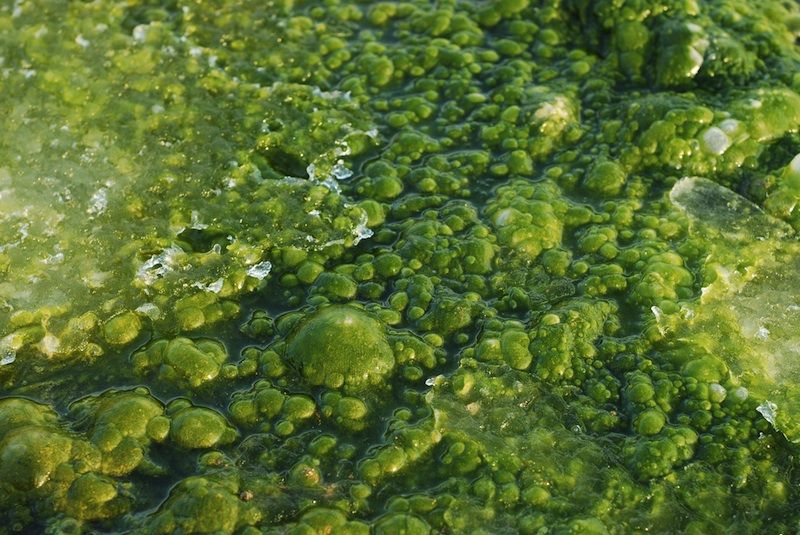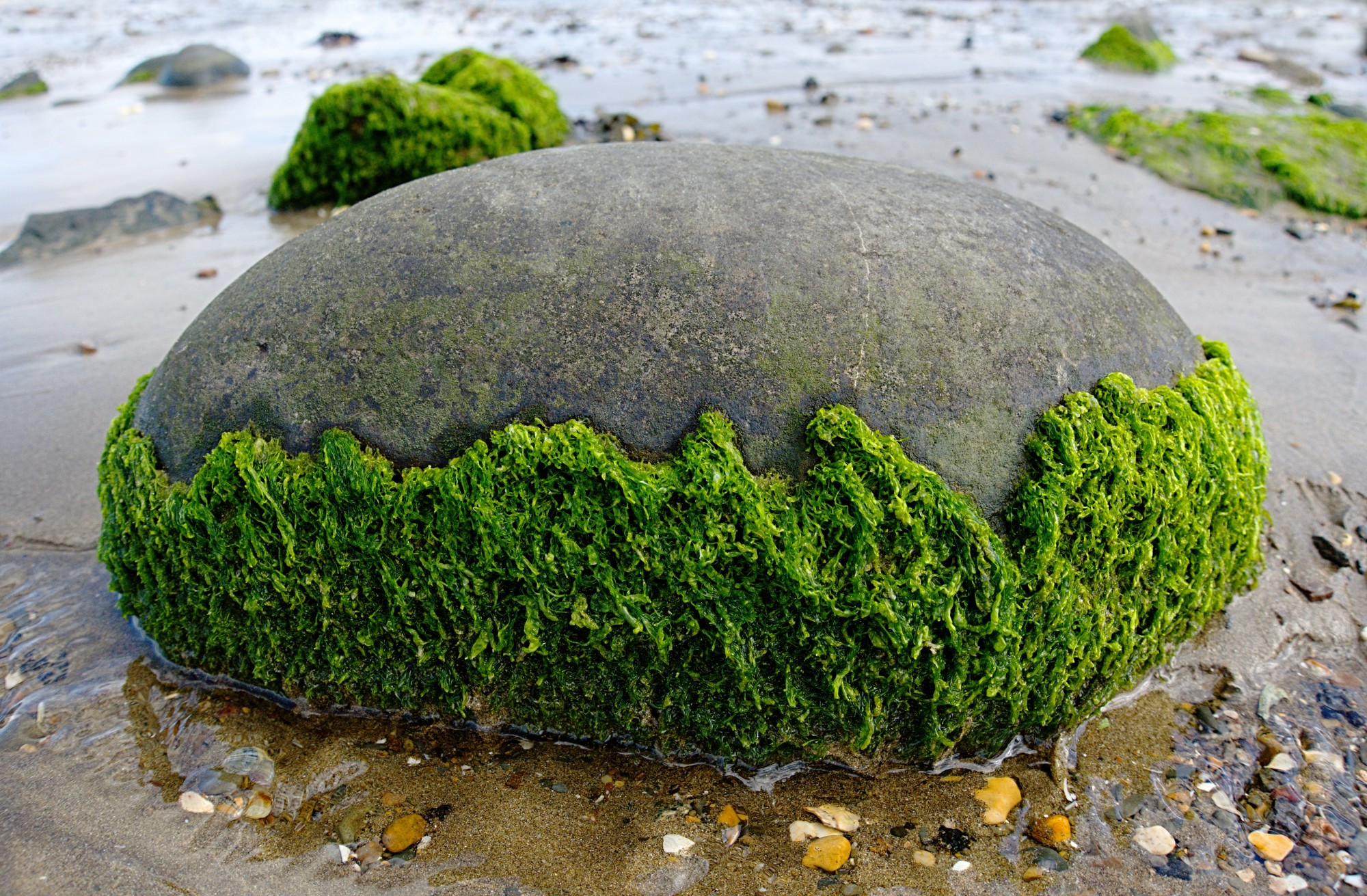Alga) are photosynthetic, eukaryotic organisms that do not develop multicellular sex organs. · cryptomonads for instance, are considered red-brownish algae of cryptomonadida order by botanists, and protozoans of cryptophycea class by zoologists. Primary producers are able to utilize photosynthesis to … This controversy is … · green algae large group of marine and freshwater algae (phylum chlorophyta). · algae algae (singular: Algae can be unicellular, or they may be large, multicellular … However, unlike other … · cyanobacteria cyanobacteria (blue-green algae [1]) are microorganisms that structurally resemble bacteria (they lack a nucleus and organelles ). Modern taxonomic treatments recognize these … · protista background classification protozoa algae slime molds and water molds disease-causing protists beneficial protists resources the kingdom protista is the most … · diatoms algae are a very diverse group of simple, nucleated, plant-like aquatic organisms that are primary producers. · further complicating a precise definition of protozoa is the close relationship between some protozoa and unicellular algae. · xanthophyta (yellow- green algae) a division of algae in which the chloroplasts are yellow-green and which form motile cells with 1 long, forward-directed tinsel flagellum and 1 … They are distinct from other algae by virtue of possessing cup-shaped chloroplasts that … · dinoflagellates a division (dinoflagellata) of protists that are heterotrophs but closely allied to brown algae and diatoms (they are sometimes classified as algae).
The Algae Mystery: Biotic Vs. Abiotic – Solved!
Alga) are photosynthetic, eukaryotic organisms that do not develop multicellular sex organs. · cryptomonads for instance, are considered red-brownish algae of cryptomonadida order by botanists,...









